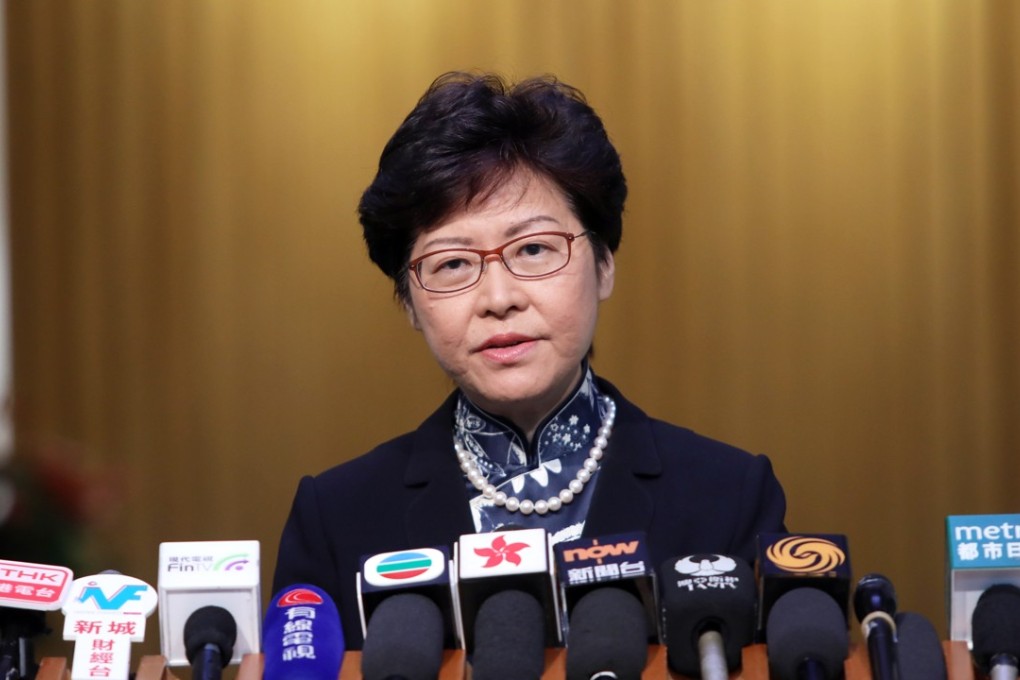My Take | Carrie Lam between a rock and hard place
In the ramped-up battle to enact a national security law while meeting popular calls for greater democracy, Hong Kong’s leader is on a hiding to nothing

One side appeals to patriotism, while the other claims the moral high ground. But in the end, everyone cherry-picks the sections of the Basic Law, Hong Kong’s mini-constitution, to suit their political agendas.
So Beijing loyalists want to enact Article 23, which requires legislation against treason, subversion, secession and the theft of state secrets. The opposition demands universal suffrage under those sections of the Basic Law that promise it.
According to Lau Ping-cheung, a long-time government adviser and member of the Basic Law Promotion Steering Committee, the central government would be more willing to allow Hong Kong full democracy if the city enacted a national security law.
His remarks came after a high-profile speech given by Li Fei, in which the chairman of the Basic Law Committee blamed the absence of national security legislation for the rise of the independence movement.
For the opposition, it was the other way around. If Beijing had allowed Hong Kong to have “real democracy”, whatever that is, local people would be less resistant to legislating Article 23.
